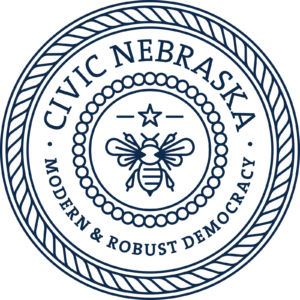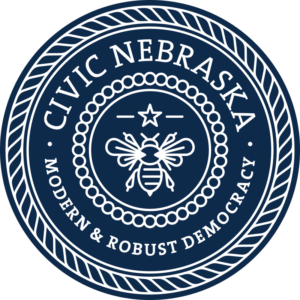Here’s some not-so-breaking news: American democracy is under strain. Political polarization, the erosion of trust in institutions, economic inequality, and populist politicians increasingly challenge our self-governing way of life in the United States.
Is our country, then, on the inevitable path toward authoritarianism? A new study suggests that contrary to what is often espoused by politicians and pundits, the American people – Republicans, Democrats, and others – have little appetite for throwing away our democratic norms.
Democratic norms are informal rules and standards that guide behavior within democratic societies. They are not necessarily codified in law but are widely accepted principles that govern the functioning of democratic institutions and the behavior of political actors and citizens.
For more than a year in 2022 and 2023, researchers with the Polarization Research Lab surveyed tens of thousands of Americans about their support of breaking four specific democratic norms:
›› We should reduce the number of polling stations in areas that typically support the other political party;
›› A candidate who questions the outcome of an election should be more loyal to their political party than our established election rules and the U.S. Constitution;
›› Elected officials should ignore court decisions issued by judges appointed by the opposing political party; and
›› Allowing the government to censor media that spends more time attacking their own political party than the other party.
Just 17.2 percent of Democrats supported one or more of the norm violations, compared with only 21.6 percent of Republicans. The norm violation with the most support, with just under 20 percent, regarded the censorship of partisan media.
The study also examined the relationship between elected officials and their constituents regarding democratic norms. While both Democrats and Republicans exhibited strong opposition to prioritizing party loyalty over constitutional principles in contested elections, the study revealed a trend among elected Republicans. A notable proportion indicated comfort with violating democratic norms, highlighting a concerning misalignment between elected officials and the sentiments of ordinary Americans.
The bottom line: Despite prevailing challenges and political divisions, average Americans’ commitment to democracy transcends partisan lines, and that’s reason to be encouraged. But the results also underscore the urgent need for greater accountability and vigilance in safeguarding our democratic institutions.
The study was co-authored by researchers at Stanford University and the University of Pennsylvania and is published in The Proceedings of the National Academy of Sciences. Read the full study here. Read a Dartmouth news release on the results here.


